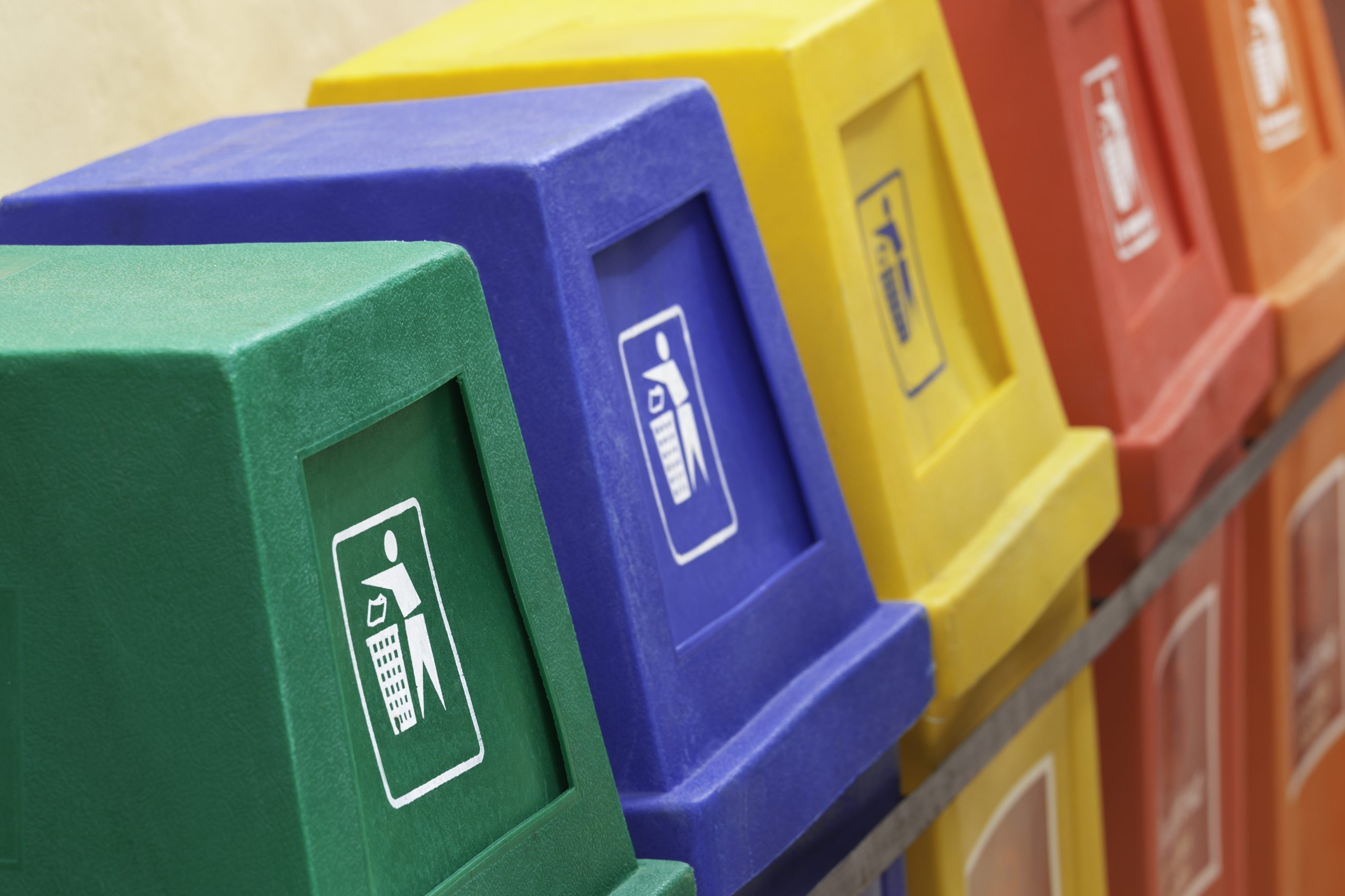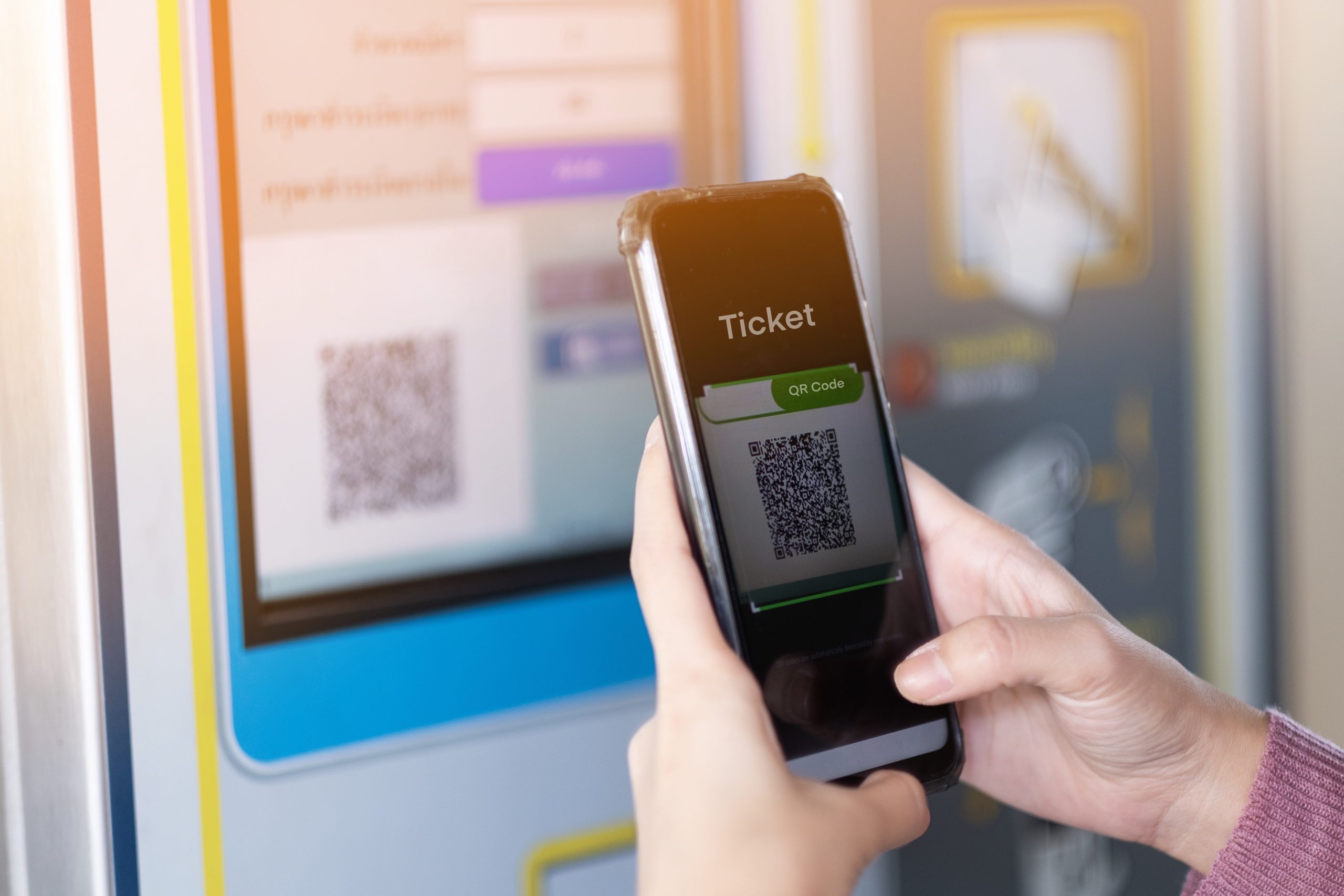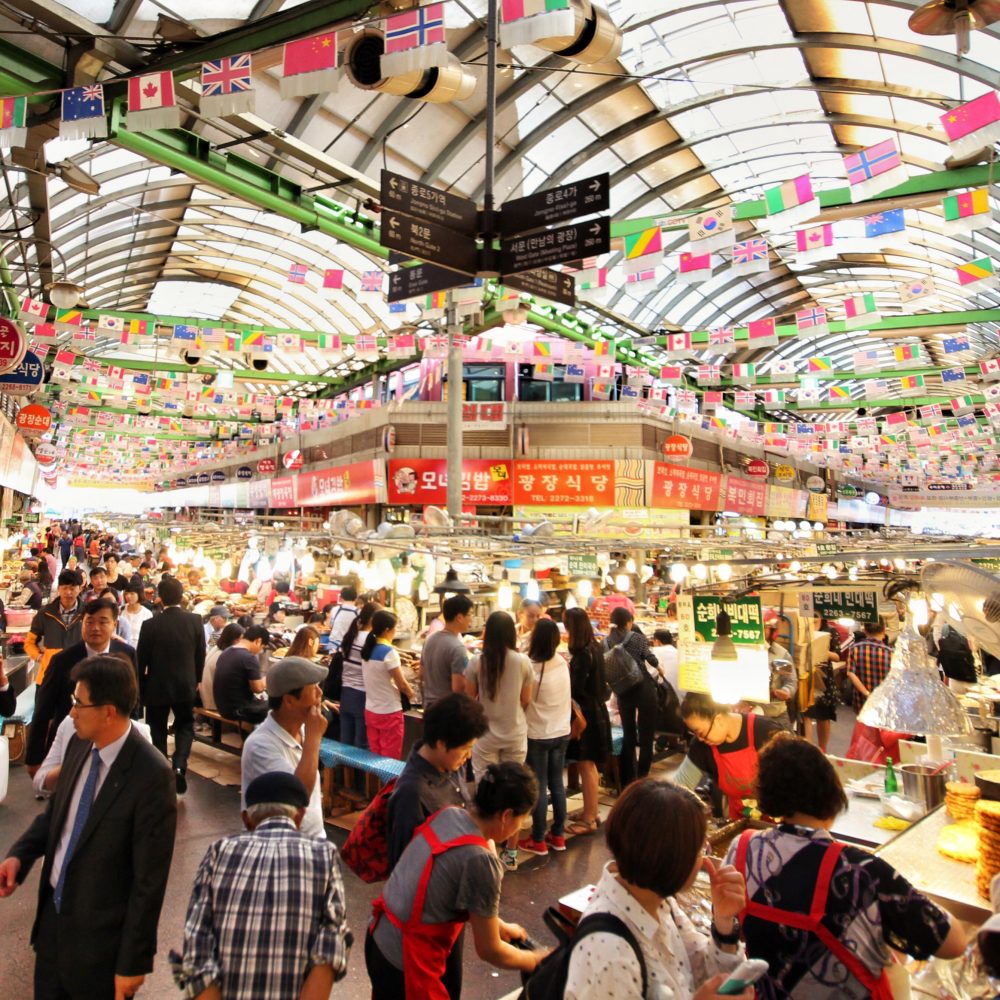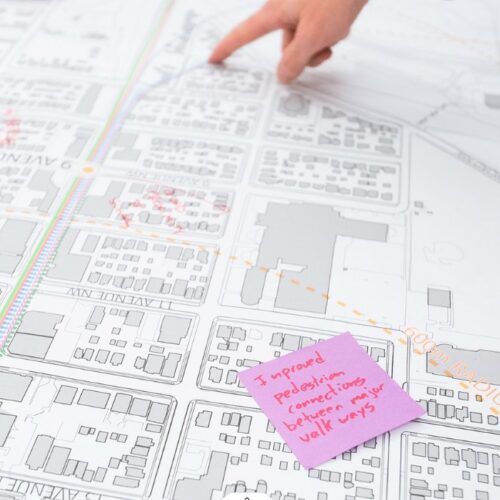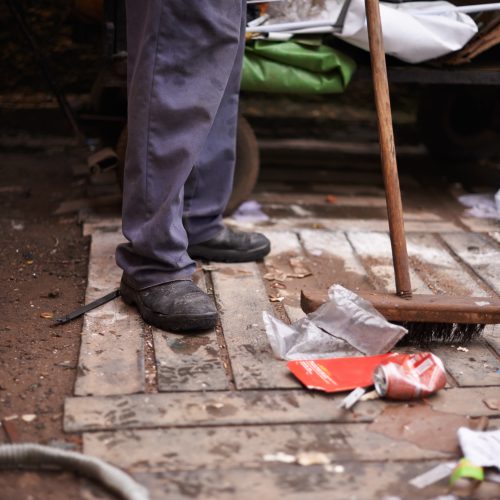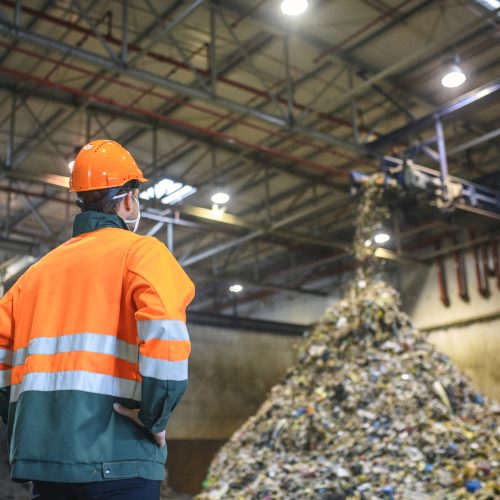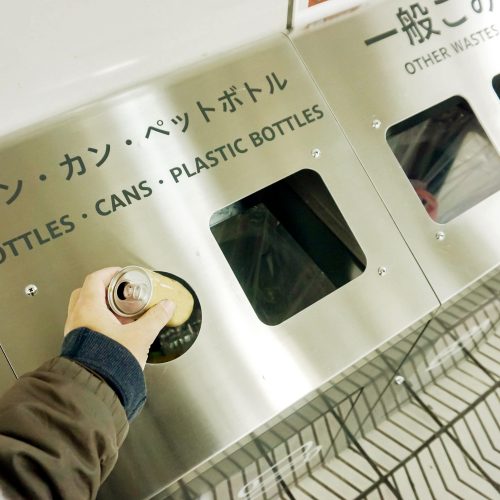Context and policy overview
Initiated in 2012 and funded by the city, the Sharing City Seoul programme seeks to develop a sharing economy covering infrastructure, business, public resources, data and digital services.[1] Overpopulation, urbanisation and a high population density in Seoul have exacerbated challenges in relation to housing, transport, air pollution and access to resources. The Sharing City Seoul project was initiated to tackle these challenges and facilitate growth without further exploiting resources or adding pressure to infrastructure and services.
The aims of the project include:[2]
- supporting job creation and increasing prosperity across the city
- reducing waste and excess consumption, and improving sustainability across businesses and organisations, and
- improving community spirit by increasing trust between people.
Implementation
Seoul is seeking to move away from its conventional policy of building primary infrastructure (such as roads, schools, and so on) towards an innovative focus on secondary infrastructure (such as spaces, objects, skills and other underutilised resources).[3]
To achieve this ambition, the city is implementing a mix of policy and other mechanisms, including a supportive regulatory framework, public awareness campaigns, and financial and other support for businesses. Some of the key measures include the following.[4]
Promoting sharing enterprises: The city supports approximately 20 business start-ups led by young people, providing them with office space, advisory services and subsidies. In addition, the city subsidises the expenses of 27 sharing enterprises with KRW 460 million (€340,000 equivalent) to either launch or scale up their platforms.[5]
Sharing enterprises chosen for city support include:
- Kozaza and Labo Korea, two platforms for home-sharing
- Woozoo, a platform that provides affordable housing by remodelling old houses into shared accommodation
- Wonderlend and Billi, businesses that promote the sharing and borrowing of goods that are underused
- SoCar, a platform for car-sharing services
- Kiple, a business that promotes the sharing of children’s clothes
- The Open Closet, a company that distributes donated suits to young job-seekers
- The Living and Art Creative Center, a space for creative writing and art
- Zipbob, a platform that promotes food-sharing
Public awareness: Seoul introduced a “stamp of approval” for particular sharing services in order to build trust in the sharing economy. Moreover, Seoul is branding itself as an innovator in sharing and is hosting an international sharing city conference to share best practices.
Seoul established an online platform called the ShareHub in June 2013 to help residents understand the concepts of the sharing city and to initiate a directory of sharing services.
Governance: The sharing city project was based on cooperation between the private and public sectors, steered by a committee that the city established in February 2013 to promote sharing. The committee is made up of representatives working in areas such as the media, law, IT, corporate social responsibility, welfare and social innovation. In 2013, mayor Park set up the Seoul Innovation Bureau. The Bureau encourages people’s engagement in all aspects of city life, from identifying challenges to providing policy ideas and participating in the sharing economy.[6]
Other measures: Seoul established a car-sharing service with a fleet of around 500 cars, and a selection of parking lots and municipal buildings were opened to the public during off-peak times. To tackle the growing need for housing, the city created a system to connect older people who had spare rooms with students in need of accommodation. Shared bookshelves and “libraries” of tools were also set up in communities across Seoul.[7]
The city works closely with private companies to develop public-private partnerships and finance the programme.
Barriers and critical success factors
The Seoul metropolitan government is the driving force behind the city’s circular economy. The mayor’s Seoul Innovation Bureau facilitates the sharing model by means of financial and other support for businesses, start-ups and communities. It is well resourced and funded, with 58 staff members and an annual budget of €5.5 million.[8]
Stakeholder engagement is at the heart of the sharing economy. Strong communication and alignment between the Bureau, the mayor, private sector partners and communities is an important success factor. The mayor’s office has arranged more than 6,000 workshops, resulting in input from 600,000 residents, with many of these insights since developed into policies and projects. For example, following a popular suggestion on Twitter, the city used mobile phone data to modify the night-bus timetable to meet passenger demand.
In addition to top-down support from the metropolitan government and the mayor, the programme’s success can also be attributed to the city’s encouragement and support for a grassroots, resident-driven approach to sharing opportunities. Official support is available for tech start-ups and other organisations focused on enabling more sharing. However, the city acts as a partner and facilitator for these emerging initiatives rather than dictating how they should function.
The city also records the growth of sharing initiatives and the number of residents attending events and contributing to sharing policies and ideas both online and offline.
While some people were initially sceptical about this new sharing process, presentation meetings organised by the city have helped residents to better understand the logic and potential benefits of the approach.
Public assurance from the metropolitan government in terms of laws and systems to promote sharing has also been key in helping to generate an ecosystem of start-up companies. Taxation in particular has been a sensitive matter, and the insurance system for the sharing economy is not yet complete. Regulation and laws that stand in the way of sharing activities are continuously reviewed by the city so that amendments can be made by the relevant departments.
Results and lessons learned
- By 2016 the initiative had certified 50 sharing projects and given grants to a number of these. Certified projects range from local car-sharing company SoCar to websites like Billiji that help people share things with their neighbours. One of the best results of the project is the increasing participation of residents.
- Some individual successes illustrate the scale of the project’s impact: the carsharing enterprises Green Car and SoCar have more than 400,000 members; the Moducompany platform has shared 2,000 parking spaces that are underused during the daytime; and children’s clothing company Kiple has shared eight million items of clothing
- Moreover, Seoul has opened up almost 800 public buildings for public meetings and events when they are not in use. ShareHub has organised a sizeable campaign of public engagement and education, with conferences, seminars, reports and a book.
- The metropolitan government has concluded that these sharing policies have had a positive effect on the economy equivalent to around KRW 4.8 billion (€3.6 million equivalent).
- The city government plans to expand the programme and estimates that this could save city residents a total of KRW 12 billion (€9 million) a year and the city administration KRW 1.18 trillion (€900 million), with more than 1,200 new jobs and CO2 savings of 30,000 tonnes over the course of the expanded programme.
The sharing city project in Seoul has influenced other South Korean cities such as Gwangju and Busan which have implemented sharing activities based on the success of the initiative. They have taken particular inspiration from Seoul’s distinct approach which combines top-down and bottom-up measures.




